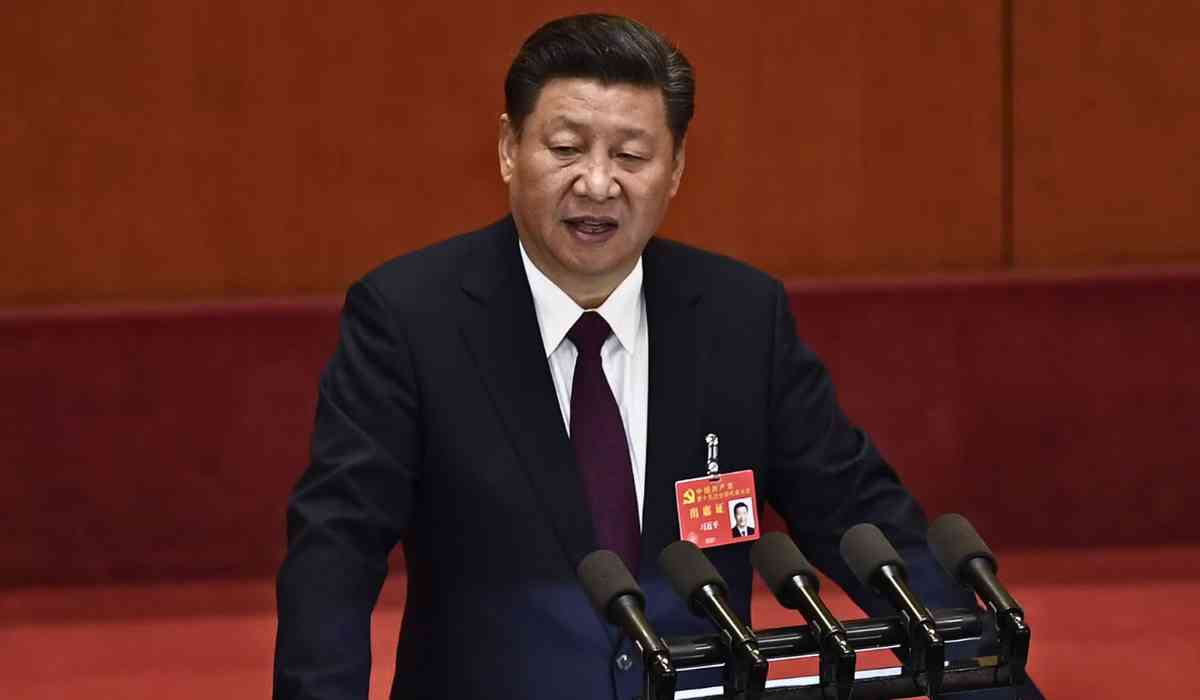China has issued a strong warning to countries considering trade deals with the United States that could harm Chinese interests, signaling a firm stance amid escalating tensions in the ongoing US-China trade conflict. Beijing has made it clear that it opposes any agreements that come at its expense and has vowed to retaliate if its interests are undermined.

Background of the Trade Dispute
The trade war between the US and China has intensified since the US, under President Donald Trump, imposed heavy tariffs on Chinese imports—some as high as 145%. In response, China has retaliated with tariffs reaching 125% on American goods. This tit-for-tat tariff escalation has raised global economic concerns and affected trade flows worldwide.
The Trump administration has also been negotiating with other countries to reduce tariffs or gain exemptions. However, these negotiations reportedly include pressure on these nations to limit their trade with China, effectively isolating Beijing economically. This strategy has caused alarm in China, which sees such moves as attempts to contain its economic rise.
China's Warning and Position
China’s Ministry of Commerce issued a statement strongly opposing any trade deals that sacrifice China’s interests. The ministry warned that if countries finalize agreements with the US that harm China, Beijing will not accept such deals quietly and will implement reciprocal countermeasures. The ministry emphasized that appeasing the US at China’s expense will ultimately fail and harm all parties involved.
China also criticized the US for abusing tariffs and using them as a tool for unilateral coercion, arguing that such actions violate international trade norms and undermine the multilateral trading system. Beijing advocates for fairness, respect for international economic rules, and collective resistance to unilateral pressure.

Broader Implications
This warning from China highlights the complex position many countries face amid the US-China rivalry. On one hand, nations seek to maintain good trade relations with the US to benefit from tariff reductions or exemptions. On the other, they risk antagonizing China, a major global economic power and trading partner. The situation creates a delicate balancing act for countries caught between the two giants.
China’s recent diplomatic efforts, including President Xi Jinping’s visits to Southeast Asian countries, underscore Beijing’s strategy to strengthen regional partnerships and build solidarity against unilateral tariffs and coercion. Southeast Asia has become China’s largest regional trading partner, reflecting a shift in trade patterns amid the conflict.
The US-China trade dispute is a complex issue involving economic interests, national security concerns, and global trade rules. Both sides have taken measures that affect not only their economies but also those of other countries. China’s warning serves as a reminder that the global trade environment is interconnected, and actions by one country can have ripple effects worldwide.
Countries negotiating trade deals with the US must weigh the benefits of tariff relief against the potential costs of damaging relations with China. Meanwhile, China’s stance signals its readiness to defend its interests firmly but also its willingness to cooperate under fair and respectful terms.

Conclusion
The escalating trade tensions between the US and China have entered a new phase where other nations are being drawn into the conflict. China’s firm opposition to trade deals that come at its expense and its vow to retaliate reflect the seriousness with which it views these developments. As global economies navigate this challenging landscape, the need for balanced, fair, and multilateral trade solutions becomes increasingly clear to avoid broader economic fallout.
This situation underscores the importance of diplomacy and dialogue in resolving trade disputes, ensuring that no country’s interests are sacrificed in the pursuit of short-term gains. The world watches closely as these economic superpowers negotiate the future of global trade.
With inputs from agencies
Image Source: Multiple agencies
© Copyright 2025. All Rights Reserved Powered by Vygr Media.

























